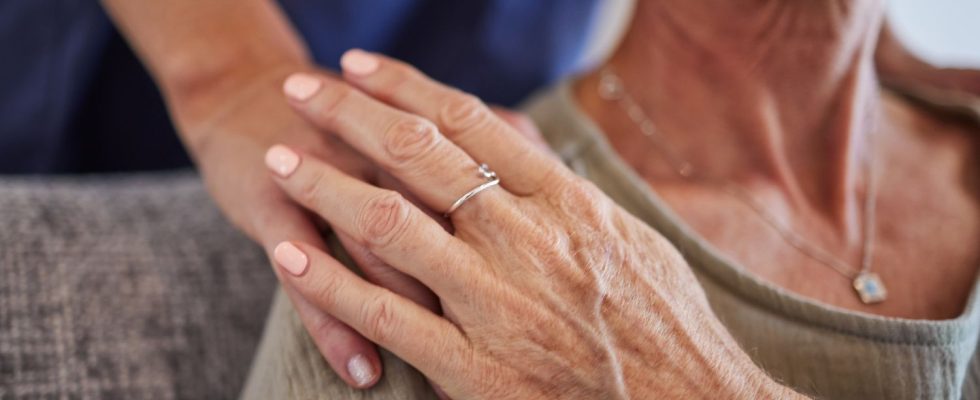It’s proven that generosity and altruism are good for your health! All our acts of kindness would even have the effect of extending our life expectancy. Focus on the good reasons to be kind, on the occasion of World Kindness Day, this November 3.
We have been told since our childhood: being nice is good and being mean is bad! But beyond moral (and simplistic, let’s admit it!) considerations, showing kindness on a daily basis is also, and above all, good for your health. Good news on this World Kindness Day, November 3.
Thus, according to sociologist Christine Carter, people aged 55 and over who volunteer for two (or more) associations would have an approximately 44% lower risk of dying early. Which places kindness on the same level as sport on the scale of good habits that make you live longer…
Kindness: a shield against pain
Help your neighbors and friends, refrain from spreading hatred on social networks, be compassionate with your loved ones, participate in charitable events, wish others happiness or even teach kindness to your children… All these selfless acts of kindness are beneficial for health, both physical and mental.
Here are 4 other good reasons to be kinder, compiled by the very serious Dartmouth College (in the USA) :
- To reduce the risk of depression. According to a study from the Case Western Reserve University School of Medicine (in the United States), selfless acts of kindness reduce the long-term risk of developing depression during one’s life. The reason ? Acting kindly stimulates the production of serotonin, an anti-depression neurotransmitter. Moreover, antidepressant medications (and especially serotonin reuptake inhibitors or SRIs) act by increasing the level of serotonin circulating in the brain.
- To reduce pain. It’s proven: regularly showing kindness leads to greater production of endorphins, the famous “happiness hormones”. Which translates concretely into less chronic pain on a daily basis – endorphins are in fact natural painkillers.
- To protect his heart. Selfless acts of kindness (even when small!) help regulate blood pressure. At the origin of this phenomenon, there is the release of a hormone (oxytocin) which promotes the dilation of blood vessels thanks to several chemical reactions. In short: kindness constitutes a shield against cardiovascular diseases and especially against high blood pressure…
- To be happier. Kindness reduces stress (an American study showed that people who are naturally altruistic have a 23% lower level of cortisol – the stress hormone – compared to the rest of the population), chases away fatigue and improves energy (according to sociologist Christine Carter) and reduces anxiety (after only 6 weeks, according to a study by the University of British Columbia, in the United States).
